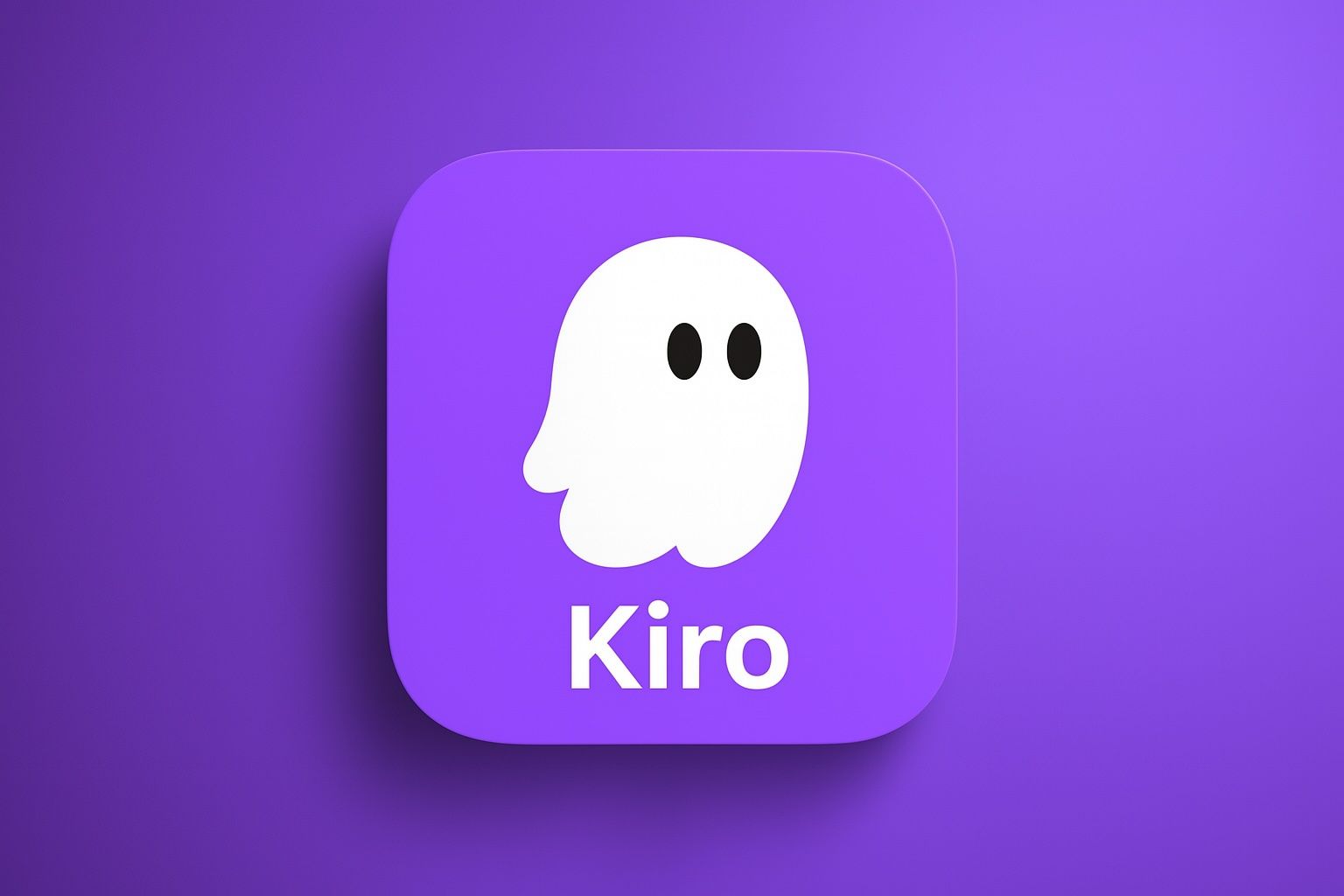
Python’s Game-Changer, AI’s Big Letdown & Ada’s Surprise Comeback – Programming News Roundup (July 23-24, 2025)
Python 3.14 RC1 introduces an opt-in no-GIL build and an experimental JIT compiler, plus a smarter Windows installer, with single-thread performance in free-threaded mode about 5–10% slower. Java JDK 25 enters Rampdown Phase Two with no new JEPs ahead of
